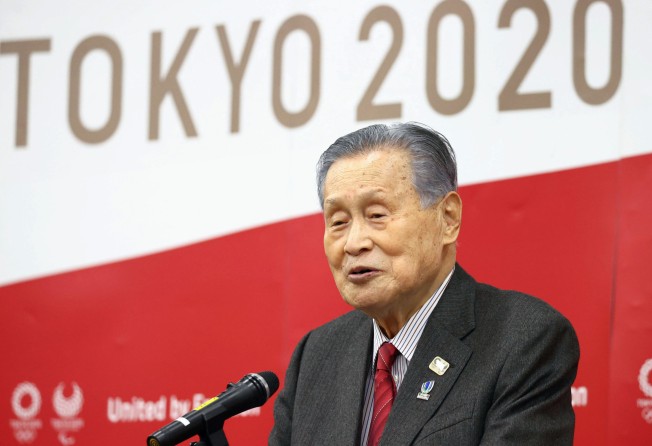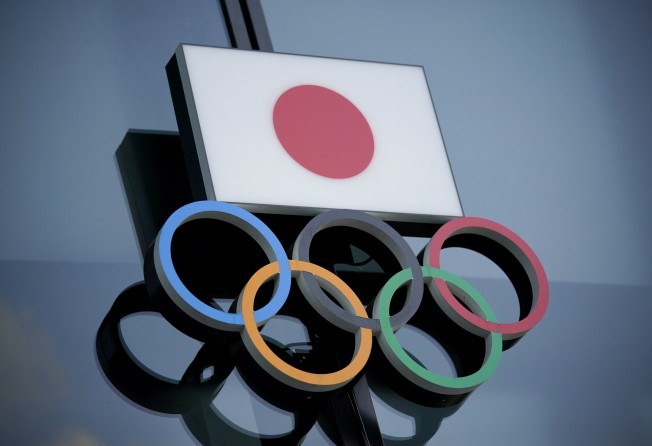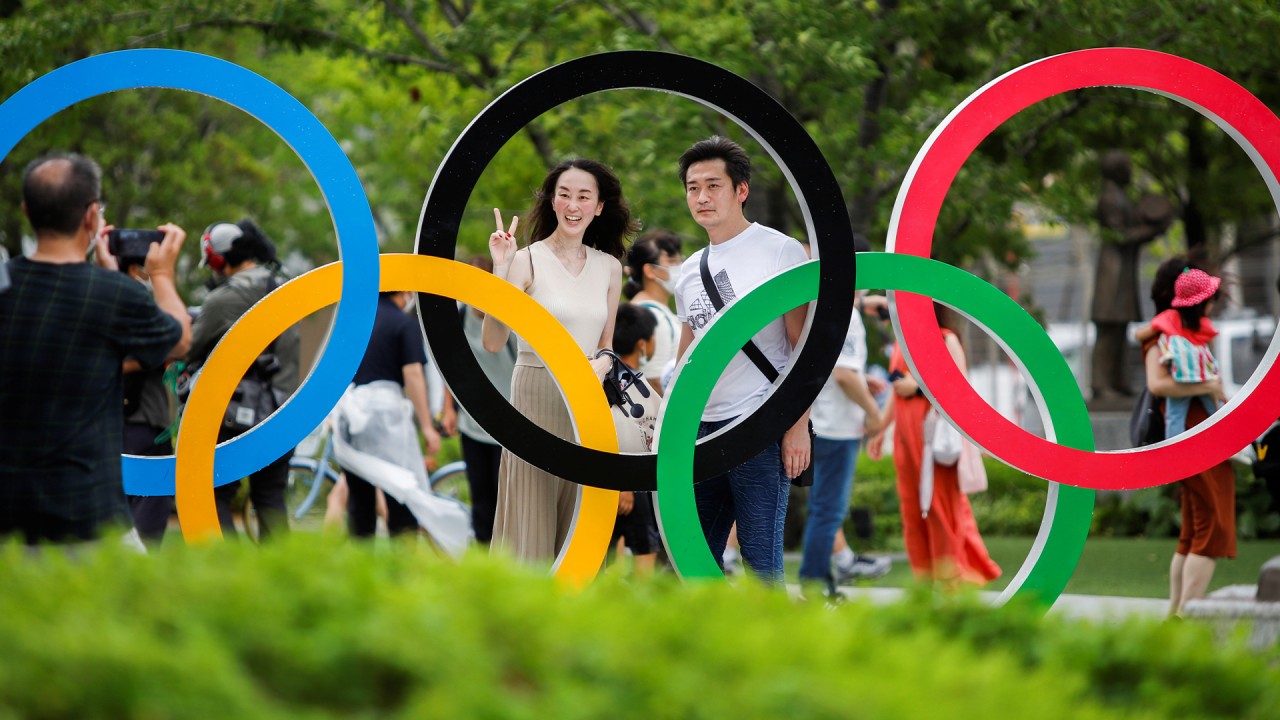
High costs, Tokyo 2020 bribery scandal weigh on Japan’s Winter Olympics bid
- High costs, corruption concerns surrounding the Tokyo Olympics exacerbate Sapporo city’s woes as it campaigns to host the 2030 Winter Games
- Survey of 10,000 Sapporo residents showed public support as high as 65 per cent, but the city’s mayor has ruled out a referendum on the issue

A scandal involving illicit payoffs linked to last year’s Tokyo Olympic Games is continuing to widen in Japan, throwing a cloud over a campaign by the city of Sapporo win the right to host the 2030 Winter Olympics.
Residents of Sapporo, the largest city in Japan’s northernmost main island of Hokkaido, were already divided over Sapporo staging the Winter Games, in light of the financial and political issues that dogged last year’s pandemic-delayed 2020 Olympics.
These concerns over corruption in the Tokyo Olympics and soaring potential costs could derail Sapporo’s bid.
Tokyo prosecutors have questioned Yoshiro Mori, the former prime minister and head of the Tokyo Olympics and Paralympics organising committee, in connection with the bribery scandal to determine what he knew about allegations that the former head of a sportswear manufacturer paid another member of the planning committee for contracts involving athletes’ clothing.

Prosecutors are reportedly attempting to determine why Haruyuki Takahashi, an executive of advertising giant Dentsu and a member of the 35-person organising committee, had introduced Hironori Aoki, of clothing firm Aoki Holdings, to Mori as far back as 2017, when decisions were being made on key sponsors for the largest sporting event in Japan’s history.
Takahashi has been arrested in suspicion of receiving 51 million yen (US$356,000) in bribes from Aoki, while a parallel investigation has also linked him with accepting 76 million yen (US$530,540) from Kadokawa, a Tokyo-based publisher, in return for lucrative sponsorship deals for the firm.
Mori – who stepped down just weeks before the opening ceremony of the Tokyo Games after making sexist comments – has denied accepting bribes or influencing decisions on sponsors of the Games.
Aoki, however, told investigators that he believed Mori had agreed to help the firm become an official sponsor after a meal at a Tokyo restaurant in 2019.

The investigation remains under way but the timing of the scandal could weigh on Sapporo’s bid for the 2030 Winter Olympics. Sapporo is up against Canada’s Vancouver and the US’ Salt Lake City in the campaign.
Sapporo Mayor Katsuhiro Akimoto has unveiled a plan that estimates the cost of staging the event at between US$2.4 billion and US$2.6 billion. He also said that a survey of 10,000 Sapporo residents showed public support as high as 65 per cent, but he has ruled out the possibility of a referendum on the issue.
“People are becoming more and more sceptical about how their tax money is being spent,” said Makoto Watanabe, a professor of media and communications at Hokkaido Bunkyo University in Sapporo.
“They are becoming increasingly annoyed about their money being spent on unproductive projects or not fed back into their communities,” he said, adding that there is “real concern” that hosting the Winter Olympics will become a financial burden on the city for years to come.
The Tokyo Olympics had cost US$13 billion, he pointed out, double the estimate by the organising committee before Tokyo won the bid. A key pillar of the Tokyo bid that likely proved an advantage over competing cities Istanbul and Madrid, was that it would be “fiscally responsible”.
Taxes in Sapporo are already high and will have to rise again if the city is to host the Games
“Taxes in Sapporo are already high and will have to rise again if the city is to host the Games,” Watanabe said. “For me, I see absolutely no reason why they should come here and even though I do like to watch ice skating, I would not go to see any events.”
Yet he also admitted he has some sympathy for Sapporo’s bid.
“The timing of this bid and all the reports of corruption linked to the Tokyo Games is very unfortunate,” he said. “I have sympathy for the Sapporo bid because they have effectively become a victim of all that is going on in Tokyo at the moment. There have been no suggestions of anything illegal in Sapporo, but they are feeling the fallout.”
To resolve potential damage to the city’s bid, Sapporo Mayor Akimoto and Yasuhiro Yamashita, the president of the Japan Olympic Committee, on September 8 released a joint declaration pledging that the sporting event would be free of corruption.
Some residents of Sapporo, however, are firmly behind the bid.
Yoko Tsukamoto, a professor at the Health Sciences University of Hokkaido, said that her home city hosting the event would be a memorable occasion, and argued that the money could both support public infrastructure projects as well as host the Games.
“A lot of people are saying that the money for the Games should go to things like better public transport and clearing snow more effectively, but I think that sort of spending and hosting the Winter Olympics are two completely different things and there are no reasons we cannot do both,” she told This Week in Asia.
“Having the Winter Games here would help to create a new generation of young people who are enthusiastic about winter sports and the tourism sector would also receive a large boost, which they need after the pandemic.”
